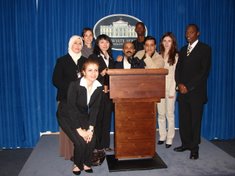 The immediate past state minister for home affairs Lutfozzaman Babar, who was at the helm of the ministry for about three years, reached a $2.85m deal with the owner of a top business conglomerate of Bangladesh of not going after his son who was the main accused in the killing of a director of the conglomerate, Bashundhara Group, according to law enforcers.
The immediate past state minister for home affairs Lutfozzaman Babar, who was at the helm of the ministry for about three years, reached a $2.85m deal with the owner of a top business conglomerate of Bangladesh of not going after his son who was the main accused in the killing of a director of the conglomerate, Bashundhara Group, according to law enforcers.
Bangladesh security forces recovered the money Wednesday. Both the men who were tasked with depositing and safekeeping the money admitted the whole incident.
Zayadul Ahsan, one of Bangladesh's top investigative reporters and chief reporter of The Daily Star, details in his special report.
Security forces arrested Babar in an anti-graft crackdown on May 28 and he is now being quizzed under a four-day police remand.
Investigators said Babar, during his stint as the home boss, used the police force as a lackey of his party and played a significant role to divert the major investigations and to torture opposition political activists.
Read The Daily Star report on Babar's 'mischiefs'.










